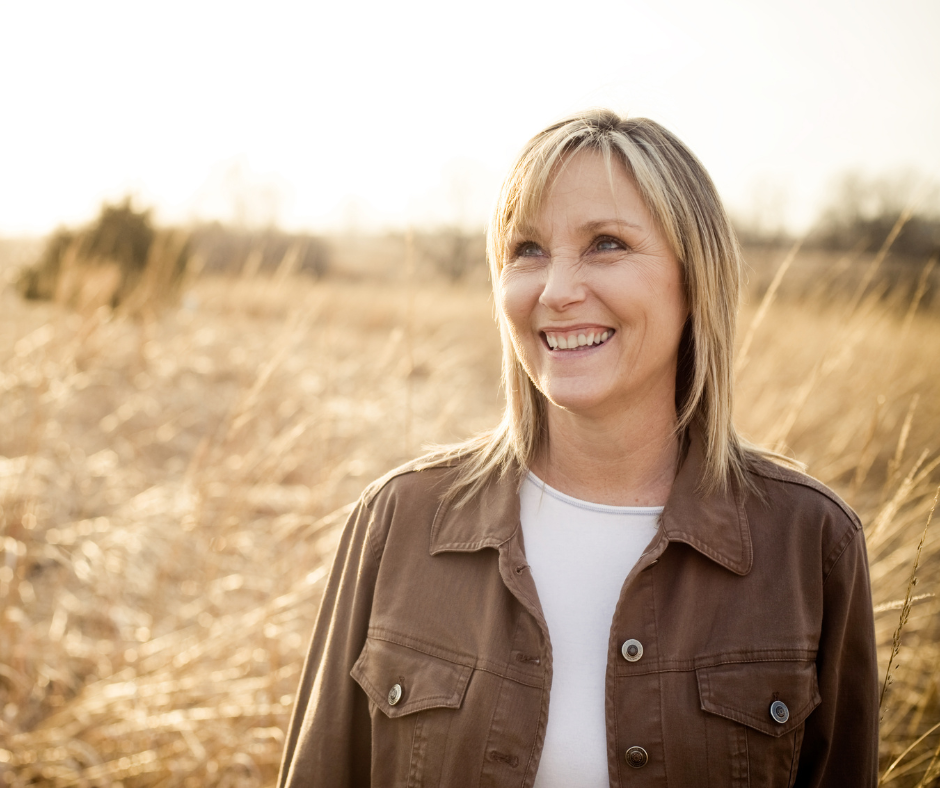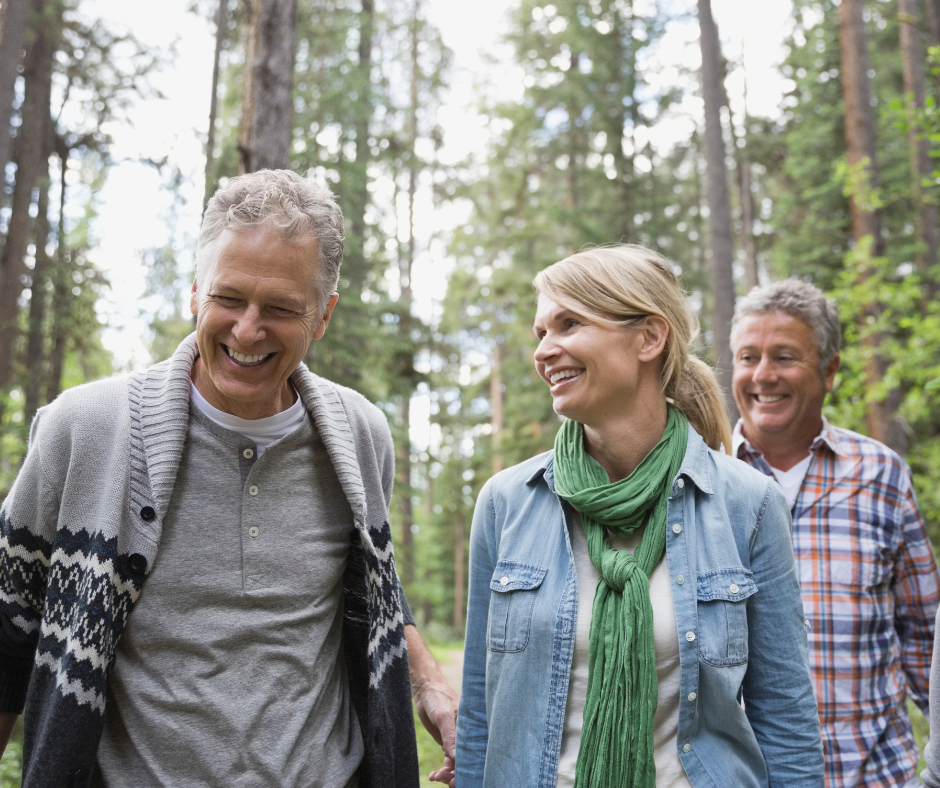How to manage midlife anxiety




According to a study from the Office for National Statistics, while most people are generally content with their lives, middle-aged adults between the ages of 45 and 59 are the least happy and report the highest levels of anxiety.[i]
While anxiety can manifest at any age, midlife is often a time for reflection with conflicting priorities and hormonal transitions sometimes leading to exacerbated feelings of worry and unease. For instance, you may start to regret your career path and feel trapped by your financial responsibilities, such as mortgage payments, saving for retirement, and funding your children's education.
Middle age can also bring about shifts in relationships and family dynamics. Individuals may find themselves taking on new roles such as caring for ageing parents or adjusting to their children becoming more independent. These changes can sometimes lead to friction or distance in relationships, including with your partner.
As well as this, health concerns during midlife often become more prominent as individuals become increasingly aware of their ageing bodies and potential health risks.
Depending on your circumstances and outlook, midlife can be a stressful and confusing time, but it can also present opportunities for growth and self-discovery. It's a time when people often reevaluate their priorities, pursue new passions, or make significant life changes.
To navigate the complexities of midlife and help manage anxiety, consider embracing both the challenges and opportunities this life stage presents with the following tips:
Accept change
As you age, change becomes an unavoidable part of life, and embracing it is crucial for finding contentment in midlife. Rather than suppressing your emotions, find healthy ways to address them - and remember that feeling uncertain or anxious is normal. Whether you're grappling with children leaving home or feeling weighed down by financial burdens, consider expressing your thoughts in a journal or confiding in a trusted friend or family member.
Try something new
Trying out new hobbies or rediscovering old ones can bring excitement and fulfilment to your life. Whether it's painting, gardening, cooking, or learning a musical instrument, find activities that ignite your passion. Doing so will help keep your brain sharp, expand your social circle, and give your life a new purpose.
Change your thinking
It may offer comfort to know that a downturn in happiness during midlife is a relatively common experience. Instead of dwelling on past regrets or fearing the future, aim to shift your view of getting older with a positive outlook that acknowledges new opportunities, such as more time to spend on doing the things that you love like traveling, either by yourself or with loved ones.
Prioritise self-care
Ensure you're eating well, exercising regularly, taking breaks, and getting enough sleep. Engaging in relaxation techniques such as mindfulness, meditation, or yoga can also be beneficial. Remember that self-care is not selfish but necessary for maintaining your health, happiness, and overall quality of life during midlife and beyond.
Seek support from a professional
If your midlife anxiety is impacting your daily life and well-being, don't hesitate to seek support from a therapist, counsellor or healthcare professional. They can provide valuable techniques and tools to help you cope and navigate this challenging phase. For additional support you may also benefit from the use of a traditional herbal remedy. Kalms Lavender is a traditional herbal remedy used for the temporary relief of mild anxiety. Lavender oil has a long-standing association with relieving symptoms of mild anxiety such as stress and nervousness.[ii]
Shop now here.
Ultimately, while midlife anxiety may initially feel overwhelming, it can also be a catalyst for positive transformation. Embracing this period as an opportunity for growth can lead to greater self-discovery, fulfilment, and resilience in the long run.
[i] Steel, M. (2016) Measuring national well-being: At what age is personal well-being the highest?, Measuring National Well-being - Office for National Statistics. Available at: www.ons.gov.uk/peoplepopulationandcommunity/wellbeing/articles/measuringnationalwellbeing/atwhatageispersonalwellbeingthehighest.
[ii] Donelli a d e et al. (2019) Effects of lavender on anxiety: A systematic review and meta-analysis, Phytomedicine. Available at: https://www.sciencedirect.com/science/article/pii/S0944711319303411.
- 14th May 2024
